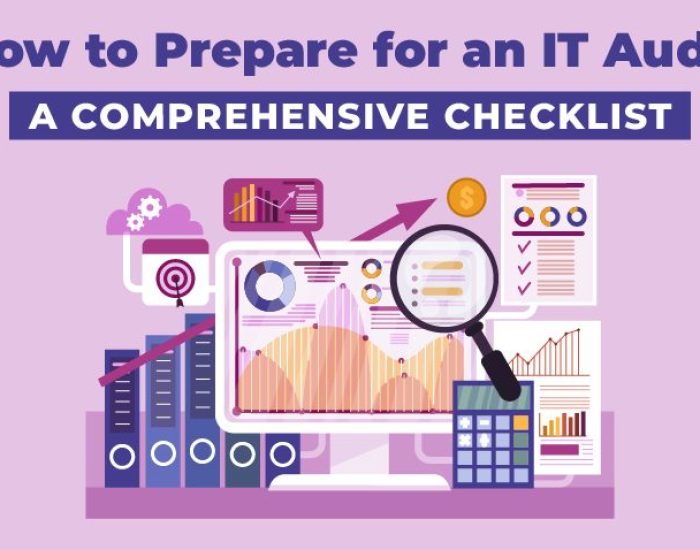Are virtual servers more secure and protected than physical ones?
In 2022, cloud data centers will process 94 percent of all workloads. It will dominate the workload processing and supersede non-cloud data centers. Thus, if you’re planning to migrate to a cloud server, this article will assist you in your decision.
Are the physical servers a thing of the past? Not long ago, people feared a future of thronging data centers covering the globe. While that sounds exaggerated, spatial concerns have always been a critical part of any information center or server room. Owing to virtualization, the development of physical infrastructure slowed within the last decade.
As more organizations benefit from virtualization, virtual servers are already becoming a vital component of the modern hybrid ecosystem.
Businesses and service providers are choosing virtual servers over physical ones due to several advantages, including:
- Reduced costs and overhead expenses
- Better scalability as new virtual servers can be created as per need
- Recovery and backup features for a fast and reliable restoration
- Technical support from the virtual server hosting provider for setup and maintenance.
- Ease of installing updates and software to several virtual servers
Is it true that virtual servers are less exposed to threats?
It’s not that virtual servers are less secure than the other servers. In many ways, virtual servers are more secure than physical servers because they depend upon a single-host server and are more isolated.
Each virtual server has its OS (operating system) and configuration, which may or may not be according to the benchmarks set by the parent company. Every one of these servers must be patched and maintained the same way other server does to keep up with the potential vulnerabilities.
The rise in virtualization has yielded a significant vulnerability. Gartner released a study that concluded that many servers being virtualized are less secure than their physical counterparts. So, using virtual servers has its benefits and leverages, but when security is concerned, at a minimum, organizations must have the same type of monitoring as physical systems.
Servers enable you to control and distribute the information and secure and protect the information. Servers can be distinguished into three main types:
- Physical server
- Virtual server
- Cloud server
Physical server
These are the dedicated servers that use the standard components including processor, memory, hard drive, network, and operating system (OS) for running applications and programs, also called Traditional or ‘bare-metal servers. ‘ These servers are mostly single-tenant which means a single server is dedicated to a specific user.
The pros of having a physical server are that it is dedicated, unshared, and can be customized to serve a specific purpose. The obvious disadvantage is that it’s expensive and space required to set up the infrastructure.
Virtual server
A virtual server is like renting out space on a physical server off-site, similar to AWS. They have the same efficiency as a physical server but not the fundamental biological machinery. A virtual server is cost-efficient and provides faster resource management. Multiple virtual servers can be created from a physical server with a hypervisor or container engine.
Cost reduction, less operational expense, and scalability are the most significant benefits of server virtualization. The drawback, however, is that the upfront investments might be expensive for the software licenses and servers. Also, not all applications and servers are virtualization friendly.
Cloud server
A cloud server is a centralized server resource built, hosted, and delivered through a cloud computing platform over the internet and can be accessed on demand by multiple users. It can perform all the functions of a typical server, delivering storage and applications.
A cloud server may also be referred to as a virtual server or virtual private server.
Cloud servers provide ease of accessibility, flexibility, customization and are cost-efficient. While network dependency, security, and technical issues are some of the cons that a reliable data center management company can handle.
Physical vs. Virtual vs. Cloud servers, Which is right for your business?
Each type of server serves its purpose and delivers according to the business’s needs. Still, there are several factors to consider when deciding on the exemplary service for you: budget, performance requirements, data security, space, environmental control, workload, and data type.
As the world is rapidly moving toward the cloud- lifting all applications and information, larger enterprises are quickly leading the approach and virtualizing.
The past decisions to move servers into the cloud, either in virtual servers or colocation environments, become intelligent decisions for most companies. The primary benefits of switching to cloud servers are:
- Affordability- since third-party providers manage cloud servers, it is far less expensive than owning your infrastructure.
- Scalability– cloud servers respond quickly, scaling up and down to meet demand or any data storage needs.
- Convenience– users can access the data from anywhere, anytime, and can be easily managed through a single API or control panel.
- Reliability– since the cloud runs on numerous servers in a managed environment, service continues even if one component fails. It can efficiently deliver the same performance as a dedicated server.
But the reality is, even in today’s world, there is still a use of physical servers. And the decision-making should be done by considering the factors above.
Protected Harbor among the top virtual hosting companies
As a top virtual hosting company, Protected Harbor has accomplished exceptional reliability, stability, and durability with its Datacenter management service. Eliminating the causes of failures, we have achieved 99.99% uptime for our systems. We provide an unmatched service over any other provider with features like application outage avoidance (AOA), proactive monitoring, and technology improvement plan (TIP).
To know more about switching to a cloud server and the migration process, consult our experts; click here.






